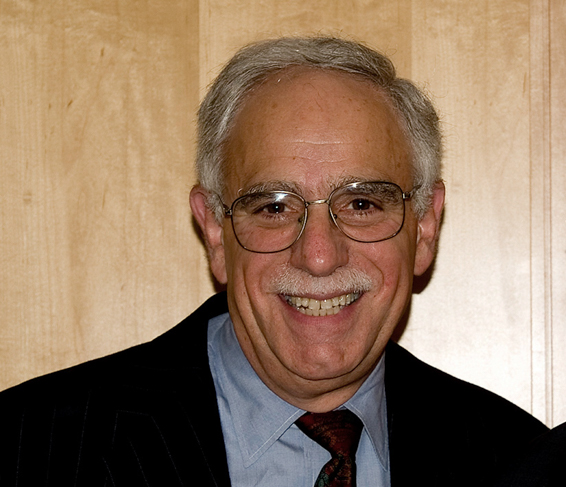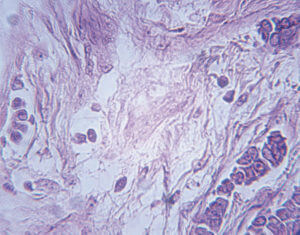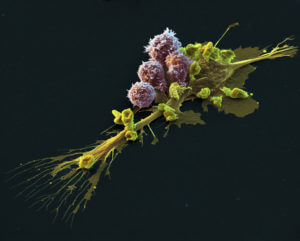Tumor definition
A tumor occurs when uncontrolled growth, whether cancerous or non-cancerous, occurs in solid tissue such as an organ, muscle, or bone. Tumors may spread to surrounding tissues through the blood and lymph systems.
What is the difference between a tumor and cancer?
Cancer is a disease in which cells, almost anywhere in the body, begin to divide uncontrollably. Cancerous tumors can invade nearby tissues in the body, and as they grow, some cells may travel to other places in the body to form other, “secondary” tumors, which are also known as metastases.
Examples of solid malignant tumors include carcinomas and sarcomas. Carcinomas are cancers that start in the cells that make up the tissue lining organs such as the liver or kidneys. Sarcomas are cancers that form in the connective tissues of the body, such as the muscles, bones, and nerves.
Cancer treatment aims to eradicate these abnormal cells, or to slow or stop them from spreading.
Are all tumors cancerous?
No. There are two types of solid tumors: malignant (cancerous) and benign (noncancerous). Benign tumors do not spread or travel throughout the body. Most are not life-threatening, aside from certain brain tumors that can still cause inflammation and put pressure on delicate tissue surrounding the tumor. A doctor can perform a biopsy to determine whether a tumor is cancerous or benign.
Are blood cancers solid tumors?
Blood cancers do not usually take the form of a solid tumor. In leukemia, usually a cancer of certain white blood cells, immature blood cells become cancerous and “crowd out” the healthy blood cells. Lymphoma begins in lymphocytes, another type of white blood cell, and tends to travel throughout the body and land in multiple places. Another blood cancer, multiple myeloma, involves the build-up of plasma cells, mature lymphocytes that produce antibodies, in the bone marrow.
Each blood cancer has its own staging system, which determines how much cancer is in the body and where it’s located. Solid tumors, by contrast, are commonly staged using the American Joint Committee on Cancer’s TNM system. Each type of cancer is staged based on factors such as how large the primary tumor is and whether it has spread to the lymph nodes and to other parts of the body.
How are solid tumor and blood cancers treated?
For solid tumor cancers, treatment options can include therapies such as radiation, chemotherapy, and immunotherapy, and/or surgery to remove (or partially remove) the tumor. Surgery may also ease side effects caused by other therapies. Immunotherapy has had success treating some patients with lung, bladder, head and neck, and kidney cancer, as well as melanoma and lymphoma, and is currently being tested in a wide range of cancer types.
Much like treatment for solid tumors, treatment for blood cancers can include chemotherapy, radiation, and immunotherapy. Stem cell transplants are also used to treat several types of blood cancers as well as certain noncancerous blood disorders such as aplastic anemia, immunodeficiency diseases and metabolic disorders. CAR T-cell therapy is a new form of immunotherapy that uses specially altered T lymphocytes to more specifically target cancer cells. To date, it has been approved to treat some forms of refractory non-Hodgkin lymphoma, as well as pediatric relapsed acute lymphoblastic leukemia (ALL).
Every patient is different, and oncologists develop each patient’s treatment plan depending on a variety of factors, including the disease’s progression, where the cancer is located, and the overall health of the patient.
Learn more about cancer treatment from Dana-Farber Cancer Institute.
About the Medical Reviewer

Dr. Mayer received his MD from Harvard Medical School in 1969, and postgraduate training in internal medicine at Mount Sinai Hospital, New York City. After fellowships in hematology and oncology at the National Cancer Institute and Dana-Farber Cancer Institute, he joined Dana-Farber in 1974.
In 1997, he was president of the American Society of Clinical Oncology. Dr. Mayer currently serves as Faculty Vice President for Academic Affairs at Dana-Farber Cancer Institute and Faculty Associate Dean for Admissions at Harvard Medical School.


